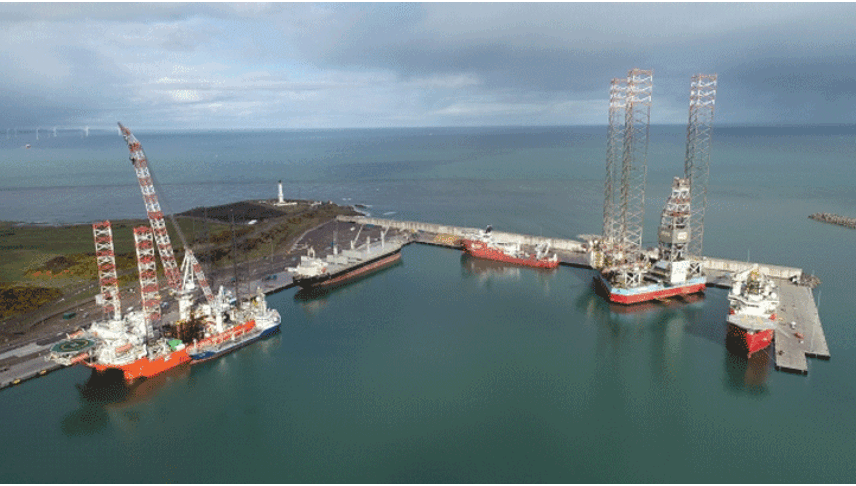Register for free and continue reading
Join our growing army of changemakers and get unlimited access to our premium content

The net-zero target, announced on Friday (28 April), covers Scope 1 (direct) and Scope 2 (indirect) emissions, as well as indirect (Scope 3) emissions from vessels.
Scope 3 emissions account for around 97% of the port’s overall climate footprint, it revealed in its net-zero strategy document. Some 9,500 vessels arrived at the port in 2019.
Efforts to cut Scope 1 and 2 emissions are already well underway. Projects have included lighting efficiency upgrades and fleet electrification.
To cut Scope 3 emissions, the port said in a statement, it will need to build “strong partnerships” with other parties such as vessel owners. For example, it will install shore power solutions at three berths by 2024. This infrastructure enables an effective way of providing electricity to ships, reducing their reliance on fossil fuels.
Before the shore power infrastructure comes online, the port will work, as a priority, to procure renewable electricity. It will explore onsite generation as well as using clean electricity tariffs. Another near-term focus is studying the feasibility of hydrotreated vegetable oil (HVO) as a fuel for vessels and machinery.
A statement from the port acknowledges that the net-zero transition in the British maritime sector will be complex, using a mix of technologies implemented in phases. Researching and scaling alternative fuels and electrifying all port owned and controlled vessels will take decades and will not take place in isolation. Aberdeen has notably been a partner for the first three rounds of the UK Government’s Clean Maritime Demonstration Commission.
The Port of Aberdeen’s chief executive, Bob Sanguinetti, called the transition to net-zero a “transformational change which will deliver significant benefits for the environment, local communities and wider maritime sector”.
While Aberdeen believes it can be the UK’s first net-zero port, Associated British Ports (ABP) also announced a 2040 net-zero target this year. The firm operates ports including Cardiff, Grimsby, Swansea and Southampton. However, ABP has not yet set a time-bound, numerical target to cut Scope 3 emissions, citing a lack of official global net-zero guidance for ports.
In February, the UK Government announced more than £130m for maritime decarbonisation, confirming a £77m package and then a separate £60m package. It is advocating for the global shipping sector to reach ‘absolute zero’ CO2 emissions by 2050. Interim goals include launching at least one large zero-emission vessel on UK seas by 2025 and creating at least six zero-emission short-route shipping corridors this decade.


Please login or Register to leave a comment.